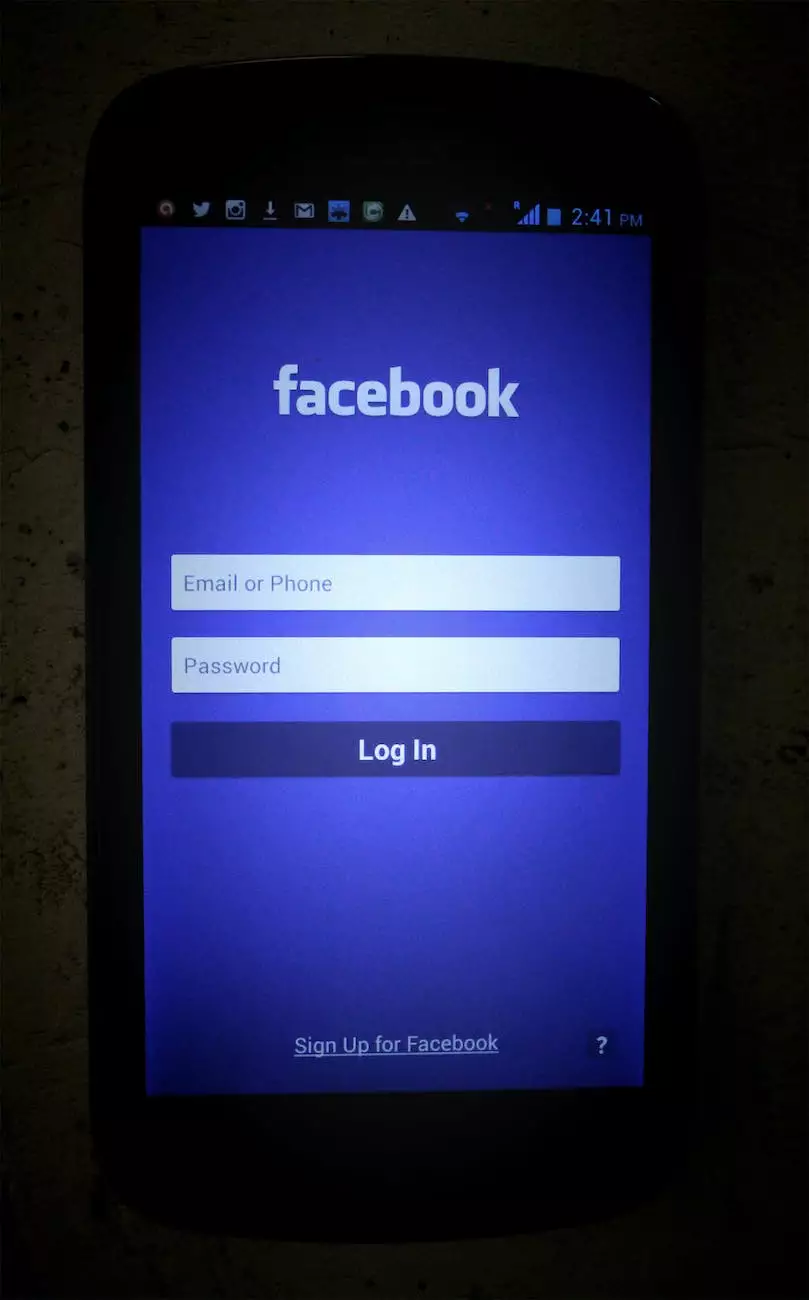The Top 6 Reasons for Schools to Teach Safe Practices in Social Media

Introduction
Social media has become an integral part of our lives, especially for the younger generation. As schools embrace technology and digital platforms, it is crucial to prioritize teaching safe practices in social media. By equipping students with the necessary skills and knowledge, schools can protect their students from online dangers and promote positive online interactions. In this article, we will explore the top 6 reasons why schools should teach safe practices in social media.
Reason 1: Cyberbullying Prevention
Cyberbullying has become a prevalent issue among students, leading to severe emotional and psychological consequences. By educating students about safe practices in social media, schools can empower them to recognize and prevent cyberbullying situations. Teaching students how to report inappropriate content, block malicious users, and engage in respectful online discussions can significantly contribute to creating a safer online environment.
Reason 2: Privacy and Security
In the digital age, protecting personal information is crucial. Schools should emphasize the importance of privacy settings, avoiding sharing sensitive information publicly, and utilizing strong passwords. By teaching safe practices related to privacy and security, schools can instill in students a sense of responsibility and help them become vigilant digital citizens.
Reason 3: Identifying Reliable Information
In today's era of fake news and misinformation, it is vital for students to develop critical thinking skills and the ability to identify reliable information sources. By incorporating lessons on fact-checking, verifying sources, and analyzing online content, schools can prepare students to navigate through the vast amount of information available on social media platforms.
Reason 4: Digital Footprint Awareness
Everything students post online can potentially stay with them forever. Schools should educate students on the concept of a digital footprint and its impact on their future. By encouraging responsible online behavior and educating students about the potential consequences of their online actions, schools can empower students to build a positive digital identity.
Reason 5: Online Etiquette and Empathy
Social media platforms provide an avenue for communication and interaction, and it is essential for students to be mindful of their online behavior. By teaching students about online etiquette, empathy, and the importance of respectful communication, schools can foster a culture of kindness and mutual respect, both online and offline.
Reason 6: Digital Citizenship
As students become active participants in the digital world, schools must equip them with the skills to be responsible digital citizens. By educating students about their rights, responsibilities, and the ethical use of social media, schools can empower students to make informed decisions and positively contribute to their online communities.
Conclusion
In conclusion, teaching safe practices in social media is paramount for schools in today's digital age. By prioritizing cyberbullying prevention, privacy and security, reliable information identification, digital footprint awareness, online etiquette and empathy, as well as digital citizenship, schools can provide a comprehensive education that prepares students for responsible and positive online interactions. Safeguarding students and promoting a healthy online environment should be a priority for all educational institutions.









